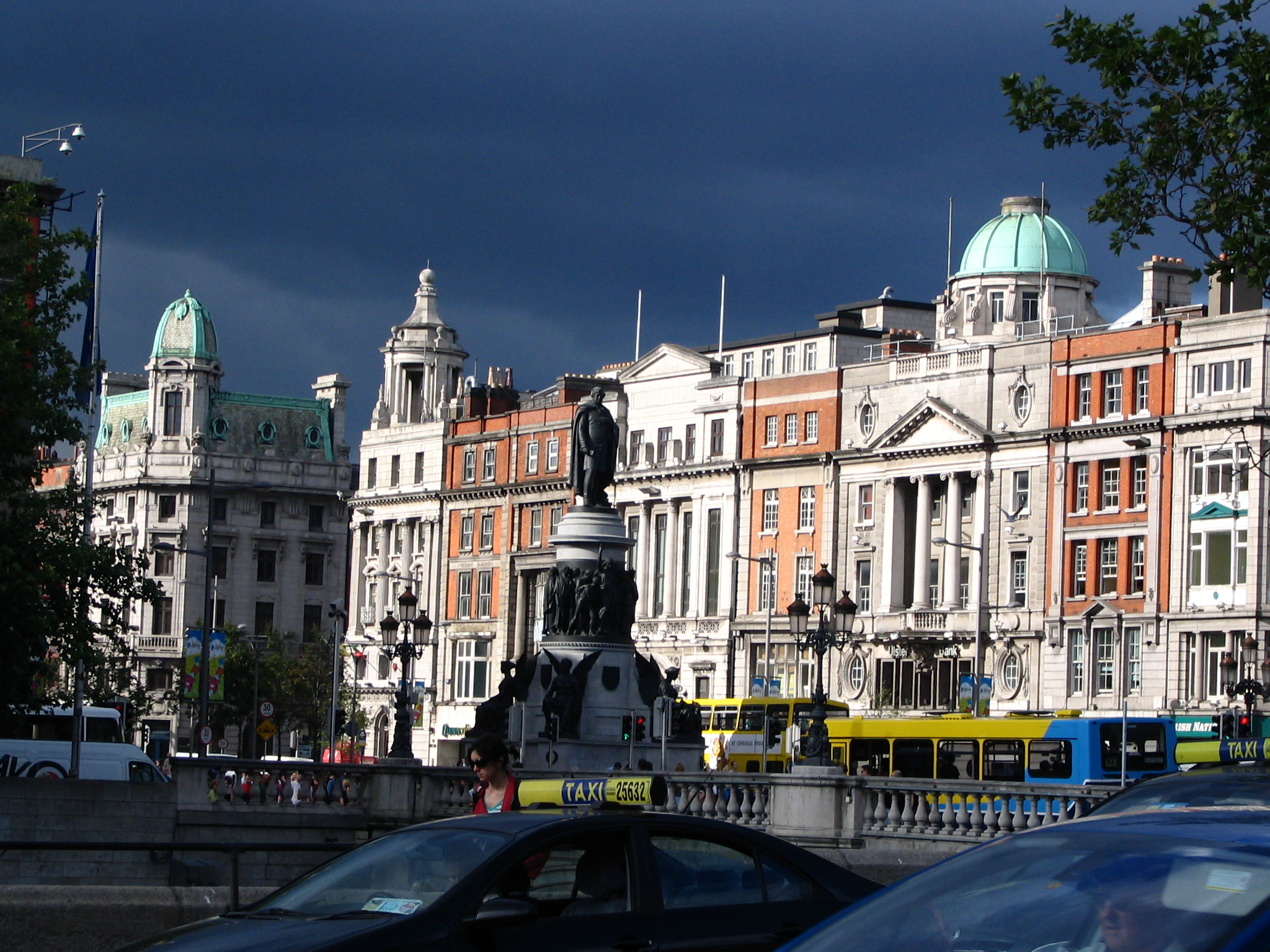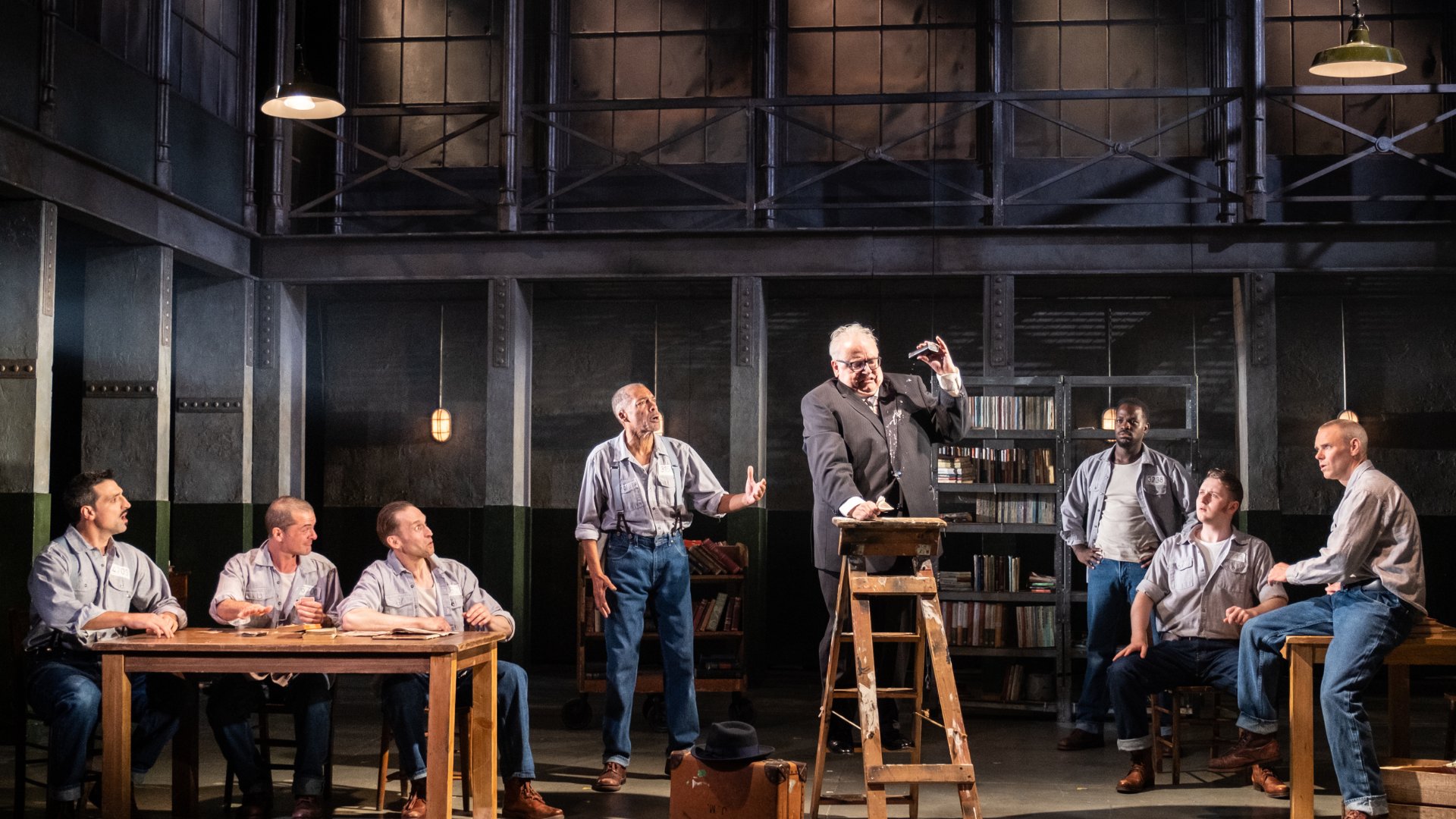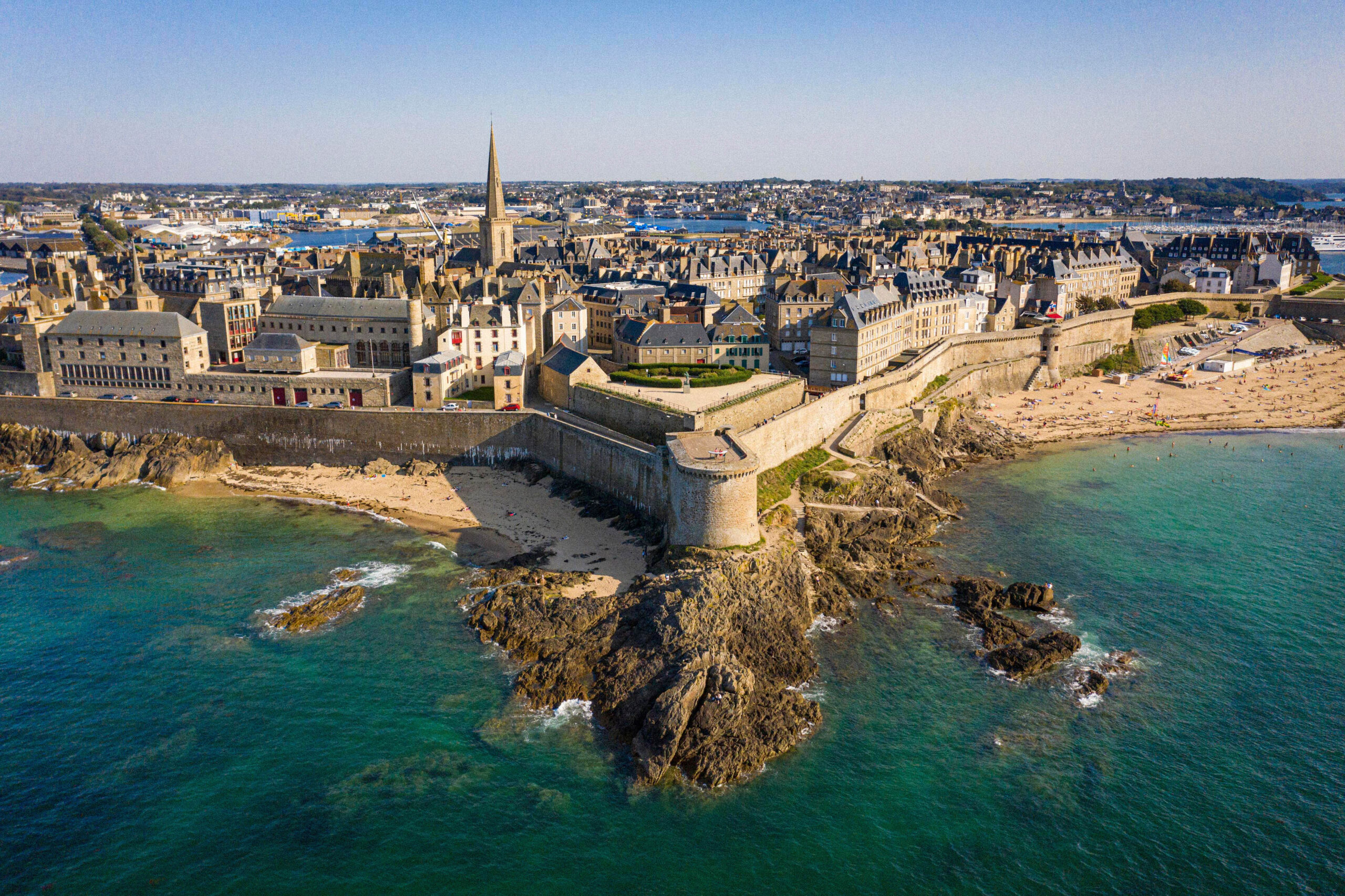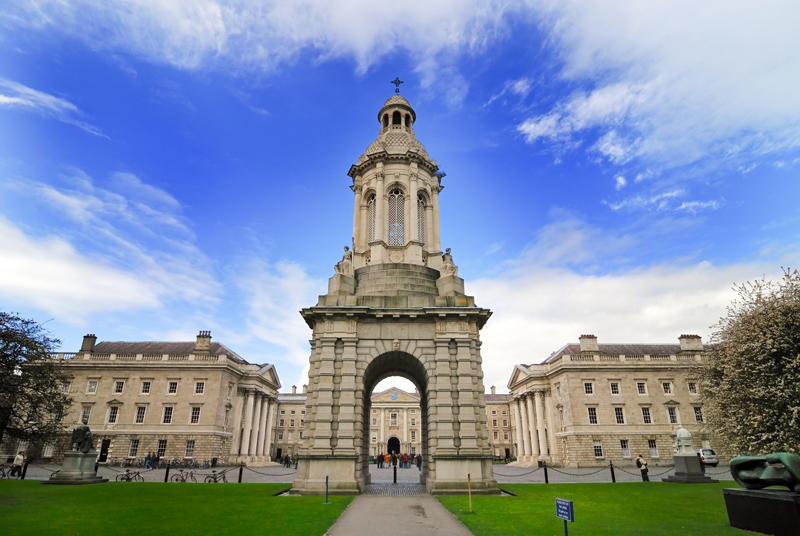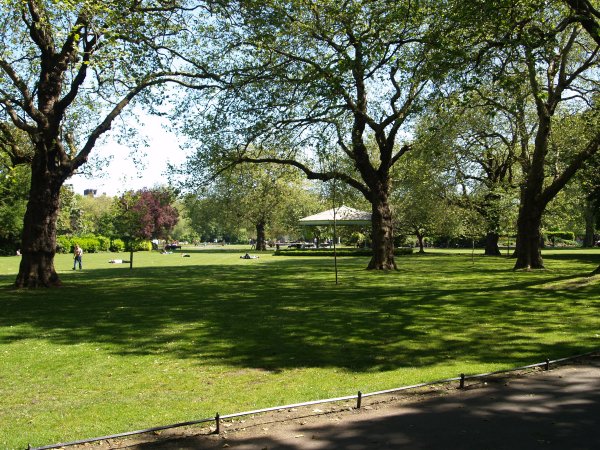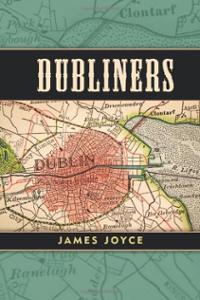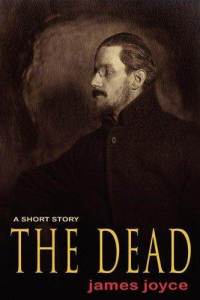I saw “The Dead” before reading it. It was in Chicago, it was snowing, one night in December. I was walking from my apartment to the University Theater. I think this is one the first play which I saw in English and at this time I had only vaguely heard of Joyce.
I walked back home, alone. The snow was covering the streets. I was in the middle of one the most intense and important period in my career, but the play had done more than offer me a welcome parenthesis. It opened my eyes to new horizons.
Since then I have read the story, in its French translation and then in the English original. And I have had the opportunity to visit Dublin. No snow for my last visit, for a conference at Trinity College in July. The conference offered some of the traditional touristic outing, such as a visit to the Guinness brewery. My hotel was also close to Stephen’s Green where I went walking in the early evening. I also followed an itinerary remembering the « Easter Rising » of 1916, the rebellion of the Irish republicans against the British rule, an episode of European history of which I knew very little. In today’s Dublin almost hundred years later, it takes a well-informed eye to see and understand evidence of these events which have shaped the Irish nation.
The Dublin described by Joyce in «Dubliners » is almost contemporary to the republican rebellion. The Irish question and the tensions between Catholics and Protestants do not, however, appear to play a major role in the stories. Among the guests at the holiday dinner, there is a Miss Ivors, a republican activist. She reprimands Gabriel Conroy for writing a literary column for a British leaning paper. Another guest, Mr. Browne, is gently teased for being of “the other persuasion”.
« The Dead » describes this traditional dinner. The guests know each other, most of them come every year. Even if it is not too scripted or straitened, the evening follows a ritual anticipated by all. We all know well the conviviality of those parties of the Christmas season. Every year the same menu – goose or turkey – the same uncle who drinks too much too quickly, the same sarcasms that seem gentle but can still hurt. And as usual, Gabriel will carve the goose and at the end of the dinner, he will push back his chair, raise his glass and deliver a short and well-crafted toast.
After the dinner, one of the hosts will sit at the piano and people will start singing. The last song, performed when the guests are leaving, is « The Lass of Aughrim », a traditional Irish song.
On their way back to the hotel, Gabriel doesn’t recognize his wife Gretta. She seems absent, far away from that party, far from Dublin. The last song brought back memories of a young man who loved her a long time ago in Galway. He died – for her, she thinks – a short while after. One song and a ride under the snow were enough for Gabriel to realize that he barely knew his wife.
